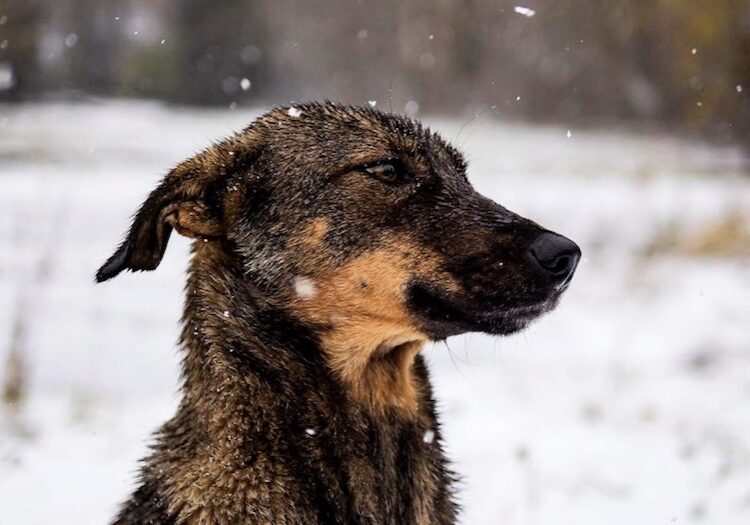Chornobyl dogs studied
March 23, 2023

First step in probing radiation “red flags”
In order to understand the impact of radioactive contamination on the genome, and what it means for continuing exposures into the future, researchers have studied the underlying genetic qualities of dogs in and around the ruined Chornobyl Nuclear Facility in Ukraine. Dogs have lived in the area since the disaster, fed by tourists and cleanup workers. Scientists have teased out the genes that are the most likely targets for “measuring genomic scarring of long-term multigenerational exposure to environmental radiation.” Previous studies on birds, rodents, bacteria, and plants have found animals with elevated mutation rates, shortened life spans and early-onset cataracts. Researchers hope the dogs will be able to shed light on impacts of human exposures to radioactive environments.
Support Beyond Nuclear
Help to ensure a safer, greener and more just world for all

